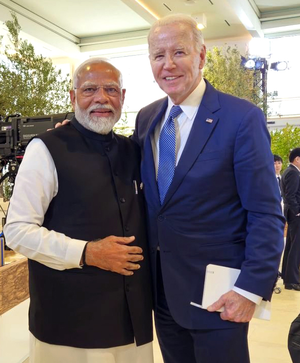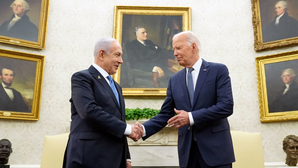By Karolin Schaps, Christoph Steitz and Vera Eckert LONDON/FRANKFURT (Reuters) – Banks ING and Societe Generale are in talks with traders to test liquefied natural gas (LNG) trading based on blockchain, the technology starting to shake up the traditional energy industry. Blockchain, which originates from digital currency bitcoin, works as an electronic transaction-processing and record-keeping system that allows all parties to track information through a secure network, with no need for third-party verification. While established energy suppliers and traders will continue operating as they are for the foreseeable future, blockchain is starting to break into the power market, nudging the status quo in an industry that has been slow to modernise. In February, ING and Societe Generale offered their blockchain platform to trading house Mercuria to sell an African oil cargo to China. The banks said their blockchain platform helped Mercuria reduce some processes from three hours to 25 minutes and make cost savings of up to 30 percent, supporting the case for expansion into LNG, natural gas converted to liquid form for easier storage or transport. “LNG is an area we definitely want to focus on because it’s a growing market but at the same time it’s controlled by a few very important players,” said ING’s managing director for trade and commodity finance, Patrick Arnaud. He is already talking to several companies active in the LNG market about testing a blockchain-based deal within months. He declined to name the companies. Mercuria Chief Executive Marco Dunand said last year blockchain payments could slash payment costs in a system stuck in the “17th or 18th century” by some 30 percent. DISRUPTION Omar Rahim, a former energy trader at big utilities, founded Energi Mine in January to develop a blockchain-based trading platform linking big energy users with battery storage to buy electricity at the cheapest times. “For me, it’s the disruption that the energy industry has been waiting for. The companies that are going to dominate the energy sector are not the big generators, they will be the ones who understand data,” he told Reuters. Wien Energie is still testing the use of blockchain in wholesale gas trading together with start-up BTL and supported by consultancy EY. Big utilities too have started investing in blockchain, exploring the use of the technology in different parts of the sector. Germany’s Innogy said it is in talks with European peers Fortum, Enel and Enexis, among others, to apply blockchain technology to their networks of electric car charging stations. “This spring we want to offer charging infrastructure whose payment processes are based on blockchain technology,” said Carsten Stoecker, senior manager at Innogy’s innovation hub. Blockchain’s ‘smart contracts’, which form the base of two parties making a verified transaction automatically, are a way of enabling consumers to trade spare energy with each other. It still needs to be proven on a wider scale. In the U.S., engineer Siemens is cooperating with start-up LO3 Energy to develop a microgrid for blockchain-based energy trades among neighbours in Brooklyn who can sell spare electricity they produce. “The use of blockchain technology allows individuals and consumers to cancel out the central authorities or brokers as we’ve seen with bitcoin,” said Thierry Mortier, a partner in EY’s utilities practice. The replacement of central authorities in energy trading hits at the heart of exchanges that play a role in facilitating trades. But so far, energy exchanges see no threat from the technology. EEX, Europe’s largest energy exchange for electricity and gas trading, said its role of linking trading parties with each other would not be compromised. Even if entirely new traders emerge, the bourse’s core function to establish benchmark prices and regulate market access would remain its job, said Maximilian Rinck, a strategy and market design expert at EEX. (Editing by Susan Thomas)








